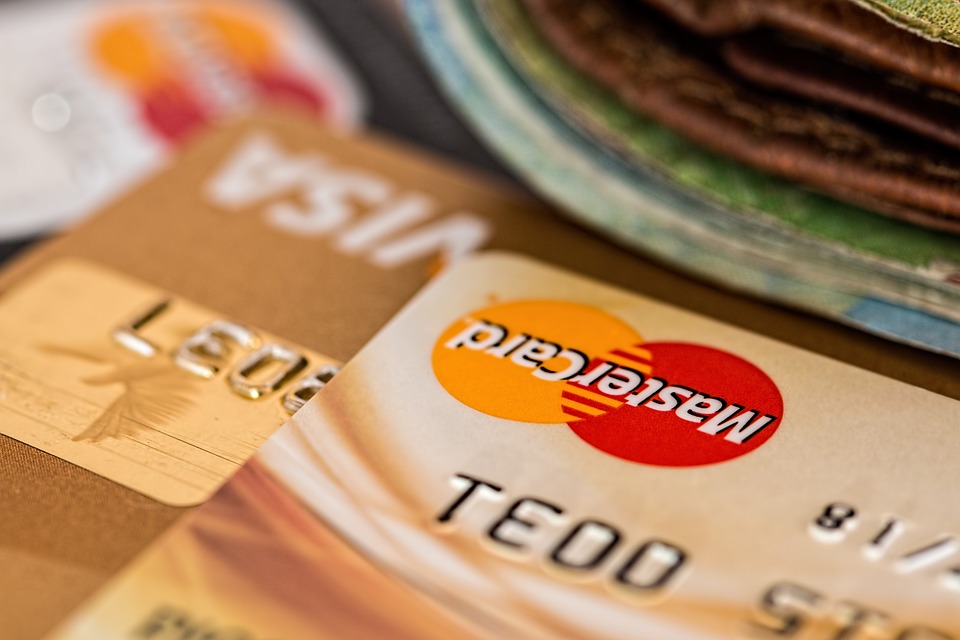As activities on online casinos increase, several cash transactions are being done on them daily. Online casinos are incorporating different payment methods to make deposits and withdrawals convenient for their players.
Many casinos are also offering multiple payment channels to enable players from any geographical location to use their services. As they do this, they still have to provide a system for players to be able to make their transactions safely.
Although there has been some progress on this, there are still challenges that need to be tackled. This article highlights some of these challenges that have to be addressed.
Increasing risk for fraud
There’s virtually no system or industry in this world that doesn’t have the crime challenge. Especially online enterprises, such as casinos, attention has to be given to ensure fraudulent activities are minimized on casinos.
The crime of spoofed or stolen identity happens to be the biggest threat. According to the Gaming and Gambling Cybercrime Report from ThreatMetrix, one of every 20 accounts created on online casinos is fraudulent. Casinos have to put in enough measures to verify during the creation of new accounts.
A man in England lost about 12,000 pounds after fraudsters used stolen identity details to make 110 transactions at an online gambling site.
Also, there are automated bot attacks every now and then at casinos. Almost half of some casino traffic is gotten from these harmful bots.
Another kind of fraud that happens on casinos is called ‘friendly fraud’. It is a situation where real customers try to be smart by making use of multiple accounts and devices. These users could take advantage of bonuses and manipulate the outcome of games. This could cause harm to the casino’s profit and other genuine users.
Many banks do not allow payment to online casino sites
A lot of banks in many countries refuse to process transactions from online gambling sites, be it legal or illegal. Using credit or debit cards of these institutions return with the response that the transaction is denied. This is especially true when it comes to online casino sites in India. To make payments to these sites you have to circumvent the traditional banks by using e-wallets or prepaid cards.
High withdrawal fees
Due to charges incurred for processing payments, casino players may have to pay heavy extra fees to withdraw their winnings. Sometimes, it could be charged by the casinos and other times charged by the payment merchants.
This issue could be dependent on the region a player or the casino is in. Whatever it is, high withdrawal fees is a demotivating factor for casino players.
Increase need for speed
Study shows that about 25 percent of online gamblers abandon the process of registering a new account due to the complicated process. Most people do not like to be kept waiting, neither do they like many processes to get something done.
Casinos need to make their deposit and withdrawals faster and smoother. This will help gamblers have better experience on the site.
It means casinos have to find a better and faster way of performing security checks and validation.
High risk
When it comes to payment processing from casino sites, the processors consider the high risks involved. These risks include things like the laws in different countries, age restriction, money laundering, fraud, etc.
To avoid getting into trouble with governments and security agencies, many payment merchants do not support casinos. For example, receiving or sending money from a country that prohibits gambling could cause some issues. Also, underage players lying about their ages could get to pay through these systems.
This is why casinos have to make sure they use updated data protection and fraud prevention mechanisms. Measures like address verification, 3D secure, and CVV should be put in place to reduce risks.
Casinos should also look for payment merchants that support gambling. Such merchants will also have measures that enhance data security.
Regulation
The largest gambling market in the world is the European market. This is where many casinos get their operating licenses and are regulated. However, no EU policy regulates online gambling. Online gambling is regulated by individual member states.
This means that payment merchants and providers have to keep themselves updated on happenings with their markets. For example, operators need to get domestic licenses from countries like France and the UK to accept players from them.
Chargebacks
The payment of chargebacks is another challenge in online gambling. Customers who use Visa or Mastercard can request chargebacks due to dissatisfaction, non-receipt of services, or fraud. When this happens, it could be difficult for casinos to provide proof that there was no fault on their end.
